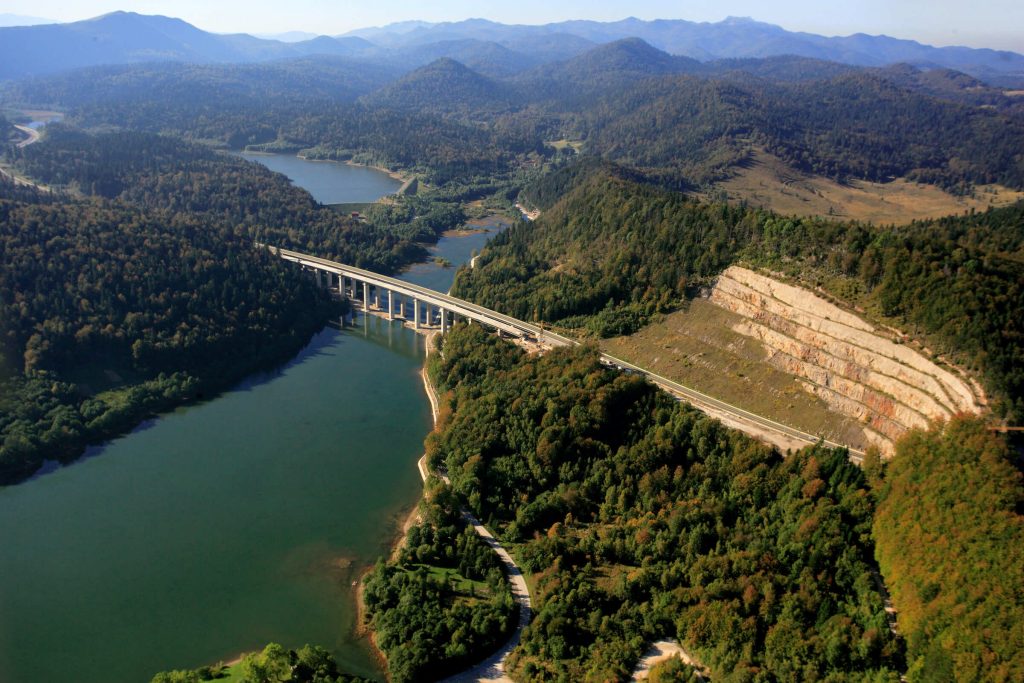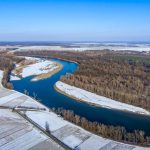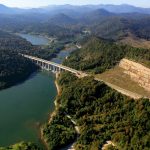Over the past decade, ice, wind and the bark beetle have destroyed large parts of Gorski Kotar, whose economy, including tourism, is based on natural resources.
Dragan Turk, a manager at Risnjak National Park, says that due to natural disasters the national park will lose its value as a protected area. “If climate change is too fast, it will take more than 100 years for forests to regenerate.”
Last week, an international team of experts presented the findings of a study on the effects of climate change in Gorski Kotar, warning that it could affect local tourism.
The study was conducted by the Zagreb Faculty of Economics and Business in cooperation with Leeds Beckett University and Bocconi University in Milan. The Croatian Meteorological and Hydrological Service cooperated on the project.
In four years, ice, wind and the bark beetle have destroyed more than a million square metres of wood, which has greatly affected the eco-system, experts says.
Beekeeper Damir Zanoškar says the various corridors resulting from deforestation are probably the cause of the increasingly strong winds registered in recent years.
He says the Hrvatske Šume national forest management company should ask itself what the current model forest management is leading to. “Thousands and thousands of logs are being driven somewhere far.”
Beekeepers have joined forces and launched a fir-planting drive because fir is well-adapted to Gorski Kotar and is very useful to bees. Zanoškar says big fir-planting campaigns could give Gorski Kotar its former aspect back in 20-30 years.
“Time is running out,” he warns. “We need forests and we must take immediate action.”
Experts say that although extreme weather occurred in the past as well, today it causes bigger problems and is not related to only one season. That’s why climate projections should be taken into account when planning new projects and infrastructure, they add.
Climate change could affect the tourism industry, notably in southern Europe, experts say.
Warmer and drier summers can result in bigger droughts, wildfires and negative changes in plants and animals, which would make summer vacations in Mediterranean countries uncomfortable. At the same time, northern countries with more moderate summers could see a rise in tourist turnover, experts say.
If it adapts, tourism can expect positive results, otherwise the negative effects are inevitable, they add.
For more on lifestyle in Croatia, follow TCN’s dedicated page.
For more about Croatia, CLICK HERE.











